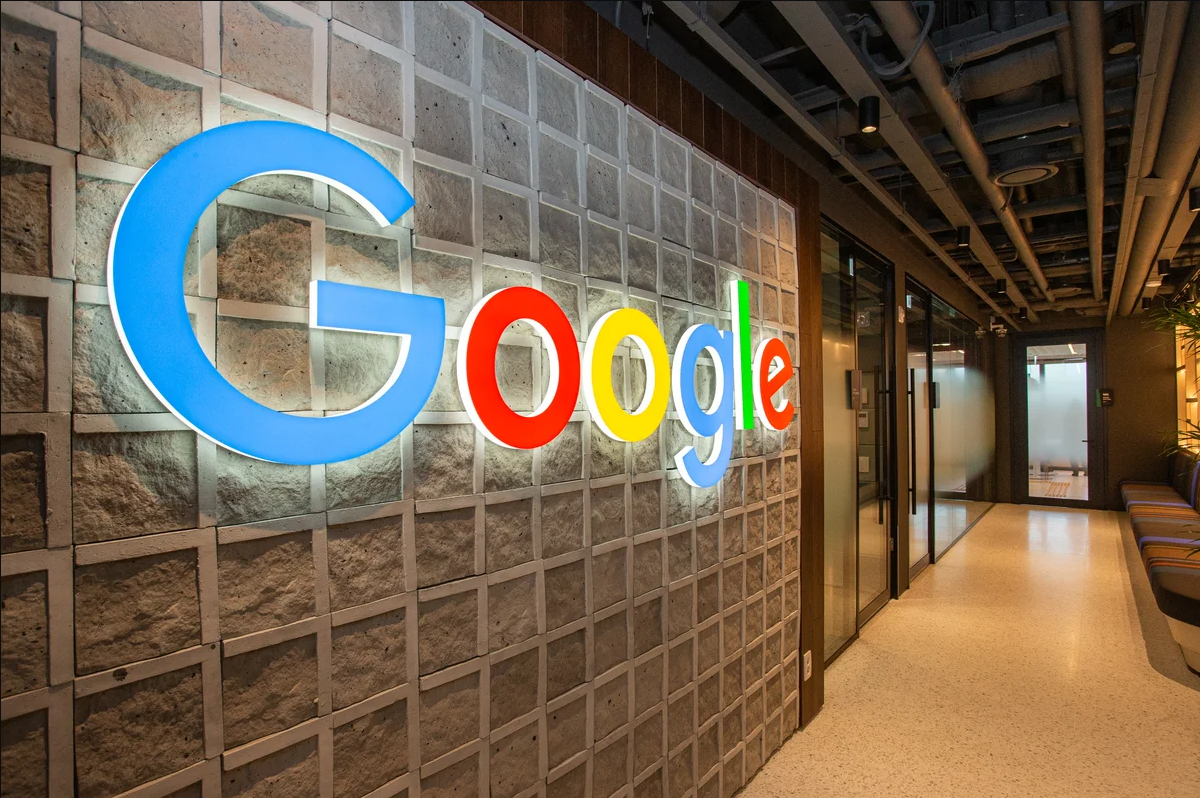 AI
AI
 AI
AI
 AI
AI
France’s competition watchdog said today it has fined Google LLC €250 million (about $272 million), citing concerns that the company used copyrighted information from media publishers in the European Union.
The watchdog, Autorité de la Concurrence, said that Google had trained its artificial intelligence chatbot Gemini, previously known as Bard, on content from news publishers and agencies in violation of commitments the company had made previously.
This is all part of a longer saga the company has been involved in that began in 2020 after a French court ruled that payments were required when the intellectual property of media producers was used by corporations according to 2019 EU copyright regulations. That meant Google had to pay publishers whose content it displayed on its search engines and other products.
In its French blog, Google said it agreed to settle the fine because it was “time to move on,” and that the company wanted to focus on “working constructively with French publishers.” However, the tech company added that it believed the fine was “not proportionate to the issues,” the company said.
“It also doesn’t sufficiently take into account the efforts we have made to answer and resolve the concerns raised — in an environment where it’s very hard to set a course because we can’t predict which way the wind will blow next,” Google wrote. The company added that since the regulations came into effect, it has lacked clear guidance and that has made it hard to negotiate with publishers – especially as the number and scope of publishers continues to change.
Google said it’s the first and only platform to have signed licensing agreements with 280 French press publishers, which costs the company “several tens of millions of euros per year.”
The fine comes at a time when publishers, writers and newsrooms are raising an alarm that AI services are scraping the internet for content to train their services, including copyrighted content. That’s because AI systems require vast amounts of human-generated data to produce their human-like conversational capabilities and stay up to date. Content producers have claimed that some of these services have taken their content without permission and provided no compensation.
As a result, multiple news organizations have moved to block OpenAI from scanning their websites for content using its web crawler GPTBot by filtering its requests.
In December, the New York Times sued Google’s rivals Microsoft Corp. and ChatGPT developer OpenAI alleging that the two companies committed wide-scale copyright infringement by copying “millions” of its articles to train their AI models without permission. Similarly, book authors, such as Sarah Silverman, have levied lawsuits against OpenAI and Meta Platforms Inc. continuing the ongoing struggle over copyrighted content.
Support our mission to keep content open and free by engaging with theCUBE community. Join theCUBE’s Alumni Trust Network, where technology leaders connect, share intelligence and create opportunities.
Founded by tech visionaries John Furrier and Dave Vellante, SiliconANGLE Media has built a dynamic ecosystem of industry-leading digital media brands that reach 15+ million elite tech professionals. Our new proprietary theCUBE AI Video Cloud is breaking ground in audience interaction, leveraging theCUBEai.com neural network to help technology companies make data-driven decisions and stay at the forefront of industry conversations.